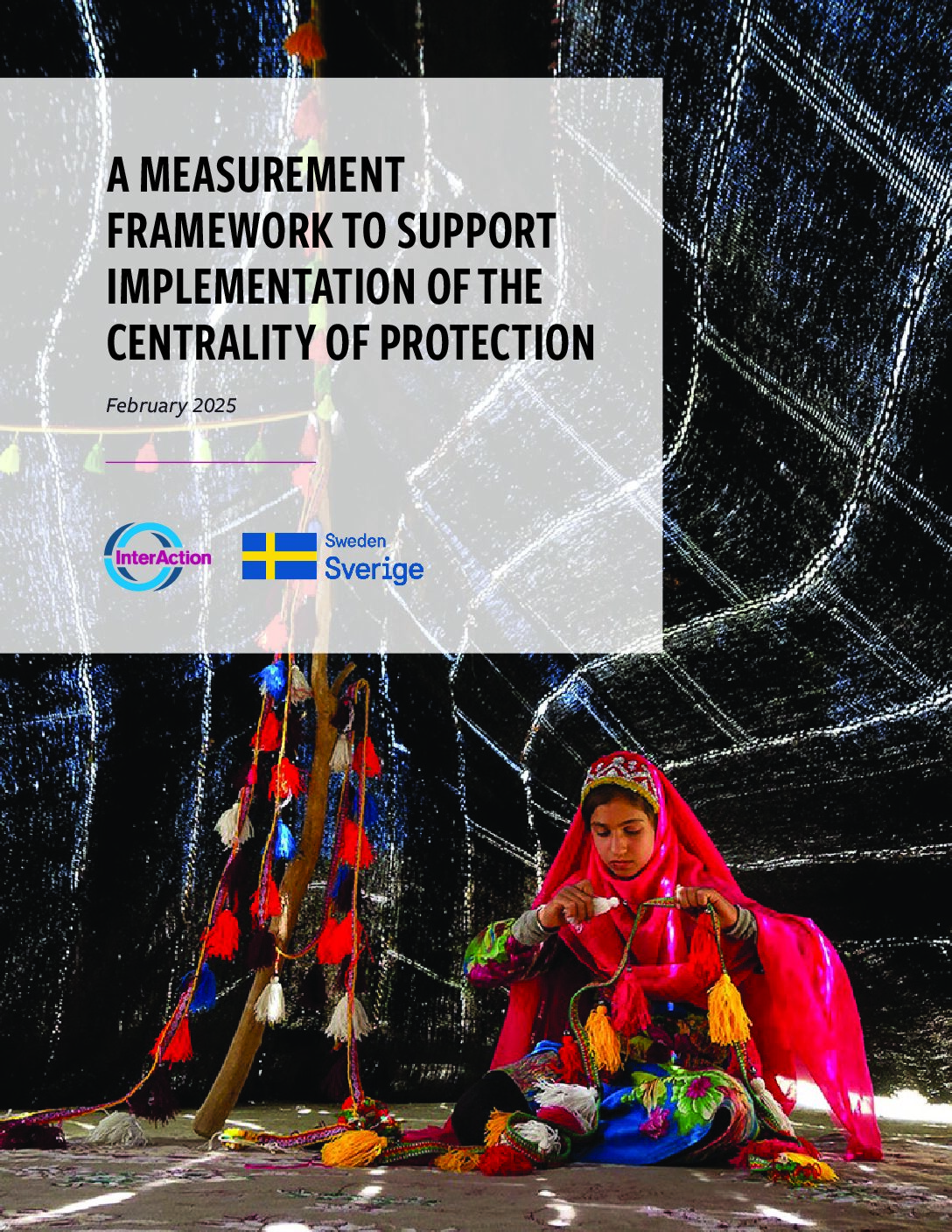In humanitarian contexts, decision-makers must often rely on various sources of data that may be incomplete or at odds, which affects the calculation of risk, and accordingly, resource prioritization and programmatic decisions.
In efforts to cultivate an environment for iterative learning and move us away from “success” and “failure” thinking, the Start Network reflects on recent cases under the Network’s Crisis Anticipation Window, which illuminated valuable lessons in terms of analysis, adaptation, and risk.
Over the summer of 2017, decision-makers in Niger weighed activating an alert for potential flooding based upon an anticipation alert raised in a certain area of the country which was relatively well-funded and staffed with humanitarian organizations. While they acknowledged the severity of the risk, they decided that not enough information was provided about the needs and risks in other areas and did not ultimately activate the alert. Weeks later, the flooding of the Niger River devastated the Niamey area due to, among other factors, a blockage of drainage canals – which could have been funded had there been an activated alert. As the Start Network and members reflected upon this experience, they pinpointed uncertainty as a major deterrent and acknowledged that being proactive requires having a greater appetite for risk.
In July of 2017, Start Network members were observing worrying signs of potential flooding and landslides in Sierra Leone, provided historical analysis of weather patterns, the pervasive rainfall, environmental degradation and unregulated construction on hillsides in danger areas. Discussions continued for two weeks, and as Members were drafting the alert note, a flooding-induced mudslide killed more than 1000 people in Regent. This experience pointed to the value of analysis linked to timely decision-making. There may be an inclination for organizations conducting context-specific analysis to focus on developing a comprehensive picture of the situation and all of its nuances; however, in humanitarian crises where time is of the essence, actors need to develop “good enough” analysis for collective decision making. The Start Network posits that when people come together to collectively analyze risk, they’re more likely to act on that information, which has spurred the development of the Start Network’s Analysis for Action grant.
Working to shift the humanitarian sector from being more reactionary to anticipatory is often “trial and error” and requires consistent reflection and learning to support adaptation. For more reflections from the Start Network, read the full post, HERE.



